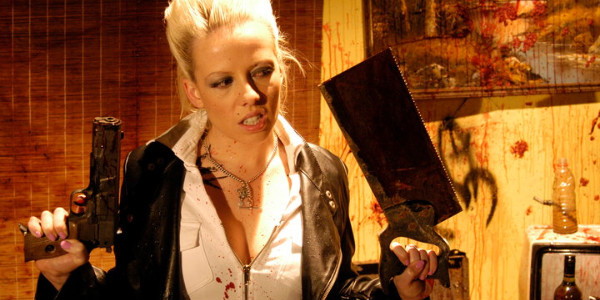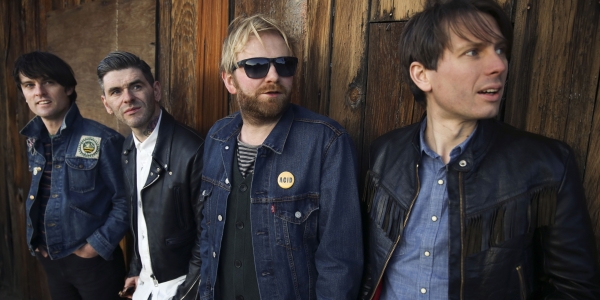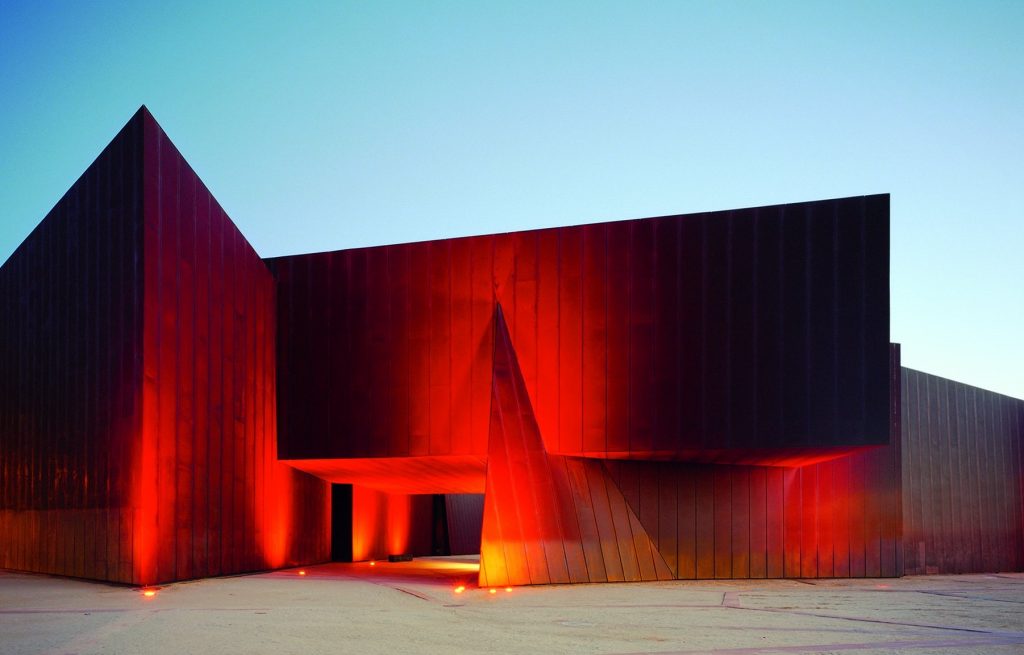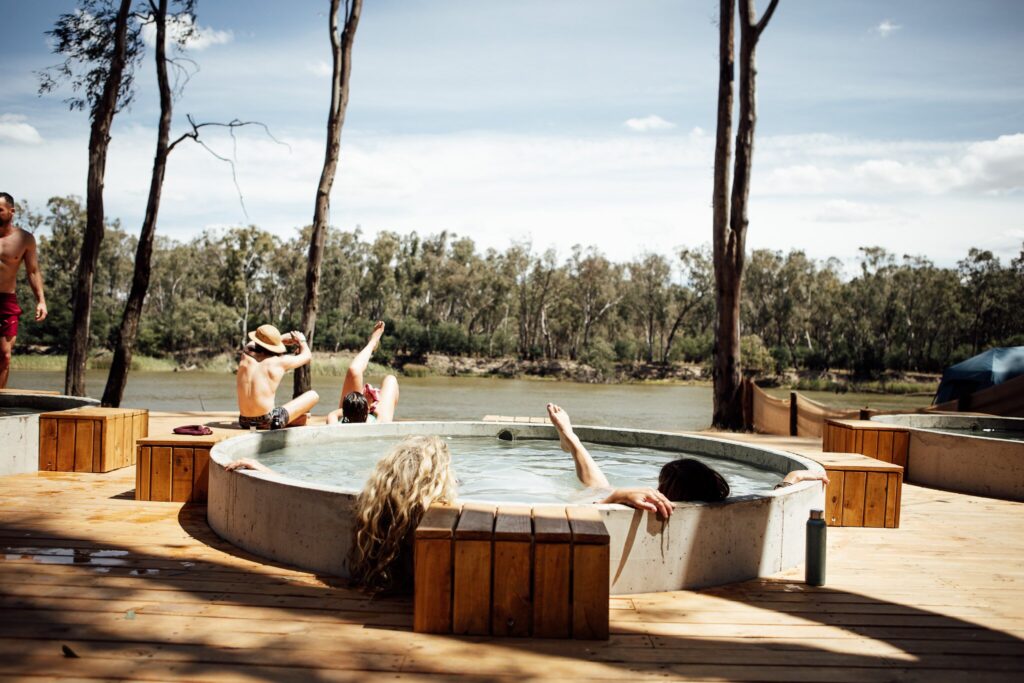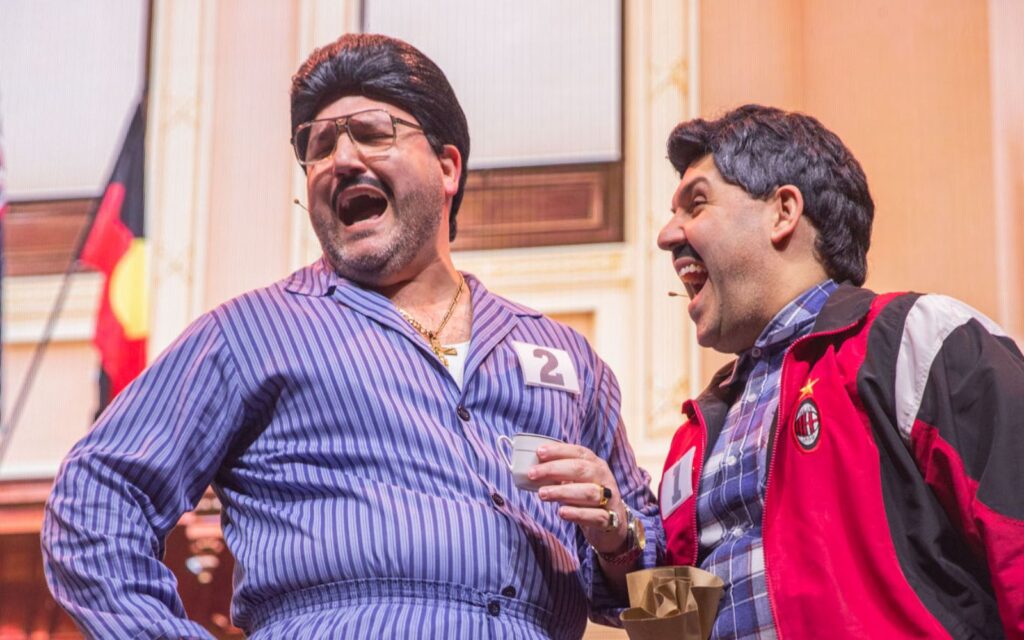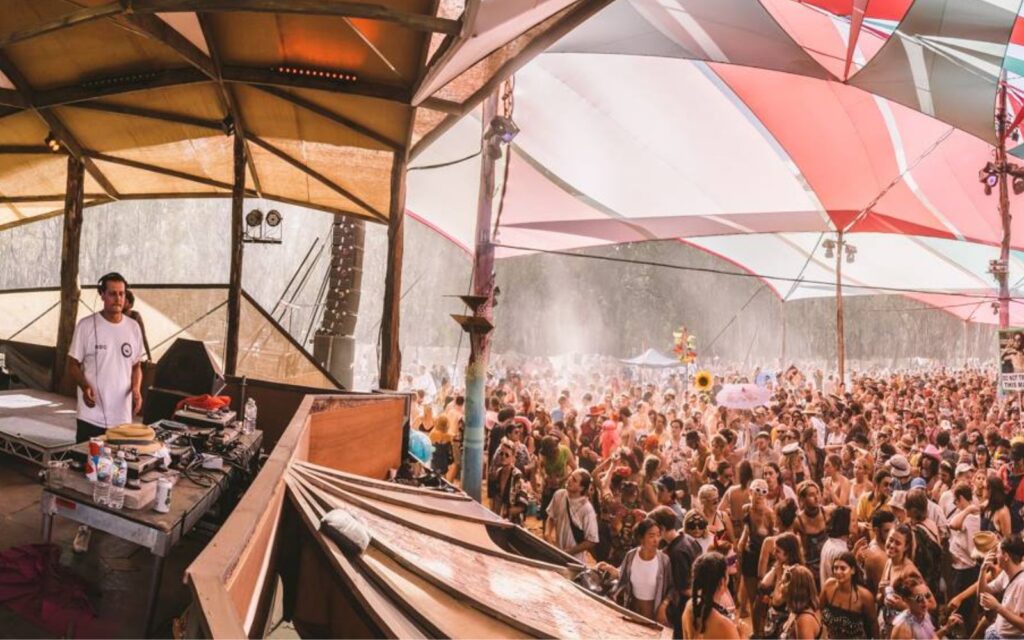Almost every year, Wolstencroft provides a story of how much trouble he found himself in the previous year. The last time I interviewed him, he told me about police raiding his property to find a copy of LA Zombie – a banned film he illegally screened in 2010 – in which he was eventually issued a Diversion Notice. One may question his intentions, but it seems like he’s not necessarily committed to being controversial. Rather, controversy is the consequence of his fervent defence of free speech and truth despite political correctness and, ultimately, the law. For every friend that sees him as a renegade, there’s a foe that finds him offensive. But regardless if you see him as a revolutionary or a libertine, he’s certainly interesting, and fearless in speaking his mind.
“Every international guest says in any other country, the government would be funding [MUFF]. It’s done nothing but year-after-year support independent filmmakers. We have discovered everyone from James Wan to Spierig Brothers to Greg McLean. Just about every important winner of Tropfest has had their first work played at MUFF. We’ve had many international filmmakers like Alex Ross Perry who’s got a show on HBO which is probably gonna be like the new Girls – we played his early film Impolex. There’s just countless examples of amazing filmmakers that we’ve discovered. Cinema is changing. The old models are all dead. We’re at a turning point as important as the beginning of cinema a 100 years ago.”
Wolstencroft first noticed the conservative nature of Australian cinema soon after the release of his film Bloodlust in 1991, co-directed alongside Jon Hewitt. The duo – who have since made five or more features each – wanted to continue the tradition of Ozploitation, but the films that begun to be funded in the late ‘80s and early ‘90s “started getting into these boring, kitchen sink, art-drama things, and around that time Australian cinema just went off the boil.”
“I thought that was tragic. There was a real thing when I first began to speak out, ‘Don’t speak out or you’ll never get funding’ because everyone was shit scared of that. And I thought, ‘What are we living in, Stalinist Russia? Can it not be a dialectic?’ I did speak out, and I was fucking ostracised for a long time. I probably still am. But I thought, ‘Fuck it, it’s too important just to remain silent about’. Everyone’s afraid, and I wanted to be the exact opposite of that. I wanted to say exactly what I thought.
“The films that have been important for me from Australia have been like Chopper, Wolf Creek, Romper Stomper, Animal Kingdom – good genre films…this is the stuff that travels well. They’re the ones that people see overseas. No-one wants to see Somersault outside of Australia, and no-one has heard of it. I swear to God, I’ll ask every international guest – they’ve never heard of any of the art-funded films. No-one has. They are not popular with people, and they’re not even popular with people who are into art cinema.”
The theme of MUFF this year is ‘The Question of Authority’, which Wolstencroft explains is inspired by Hegelianism and his interest in dialectics.
“Whenever I see something that’s a polar opposite, I look for a synthesis. When I started MUFF, it wasn’t opposite, but what I’m interested in is a synthesis. I’m not saying they should never make these polite, art films…but do some other things, too.”
Despite the traditional intrigue usually surrounding the opening and closing night films, this year’s programme is no doubt headlined by the Paul Schrader-directed, Bret Easton Ellis-penned erotic thriller The Canyons, starring Lindsay Lohan alongside porn star James Deen.
“The Canyons is a huge coup. I know Bret Easton Ellis, I got to know him the last three-four years. We did a retrospective of his films at MUFF and he was out here for his book tour, Imperial Bedrooms, and we had dinner at Fog, we had a big party, he’s a really nice guy and we get along. I really get his work on a strong level, and he gets that I get him. So it’s great that we got Canyons. I got onto Bret and he gave us permission, he got onto his producer and we made that happen.
“We got a great film called Thanatamorphose from Monster Pictures which is a really amazing horror film about a woman who degenerates. It’s gonna be one of the big horror hits for the next year. The opening night film Jugular is a male-repulsion about a guy who comes to Melbourne and slowly loses his mind. It was a very strong film made by JJ DeCeglie, and I just thought he was really interesting. And like anything, I go with my gut on people. I responded well to him, we were in Perth recently and got drunk and I thought, ‘This guy’s good’.
“We’ve got Michael Tierney coming, who’s the star of my film, The Last Days of Joe Blow, and we’re doing a retrospective of his uncle Lawrence Tierney, which I think is the first time that’s ever happened in Australia. We’re gonna play four or five of his works. We’ve got a film called The Late Men from Ireland, which is really fantastic. I’ve been connecting with a lot of Irish filmmakers, there’s something really interesting going on in Ireland at the moment, as it is in Melbourne, in independent guerrilla cinema. There’s the Gregory Paskis’ film The Joe Manifesto which is really great.”
As mentioned, Wolstencroft will be screening his latest documentary, The Last Days of Joe Blow, which explores Michael Tierney’s physical and psychological journey into the porn industry and his escape from it.
“In 2005 he told me, ‘I’m becoming a porn actor’ and I didn’t believe him at first. But then he sent me some links and I’m like, ‘Yep, okay, you’re a porn actor’. And that’s fascinating, and I wanted to make a film about porn but I just needed a hook. I liked him, he reminded me of Lawrence Tierney in the ‘50s. Lawrence Tierney was a great genre actor and bad boy, he would party and drink and get into fights, and pretty much Michael was exactly the same. Whenever I go to LA we’d hook up, get a bag of coke and drive around off our fucking heads, it was great.”
Bookended by opening night film Jugular and closing night film Lords of Salem (directed by Rob Zombie), MUFF will showcase features as part of MUFF Neu, go old school and screen horror films from as far back as the ‘40s in The Question of Authority Retrospectives, and short films in Mini MUFF, curated by Hussein Khoder. Scanning over this year’s programme, I asked Wolstencroft which film will cause the most controversy.
“There’s always a few. Last year it was Donkey Love, and this film,” he laughs, “We have to put an application to the censor board, and I just thought, ‘How can I describe this film?’ So you give them a description and if they buy it then they pass it. And sometimes things slip through because their ears don’t pick up. I just said, ‘A film about an interesting cultural practice in Colombia.’ I didn’t mention donkey fucking – Donkey Love could just be about a guy who loves his donkey. That film is so bad, it’s so sick, and it’s taking the piss, too…the film has donkey fucking in the first five minutes, and then it just gets worse. And they saw that film, and there was some controversy afterwards, and I got a letter from the head censor guy. They were like, ‘We obviously weren’t informed correctly’.”
Noticing he hadn’t actually answered my question, I repeated it once more. His body language became jittery, his eyes indicating hesitation.
“We’ve got a film called Propaganda from North Korea and that’s really clever. But I never talk about what those [controversial] films are, because I don’t want the censor to read it. So whatever those films are this year, they will have to work it out for themselves,” he laughs.
While the censor board is sort of like the creepy uncle you don’t really want at Christmas but can’t stop from coming, there is one person who Wolstencroft particularly wants to be there.
“David Walsh. I would love him to be the spokesperson for the festival, ambassador or something. I would like to get in contact with him if anyone knows how, because I can tell we would get along.”
BY NICK TARAS
